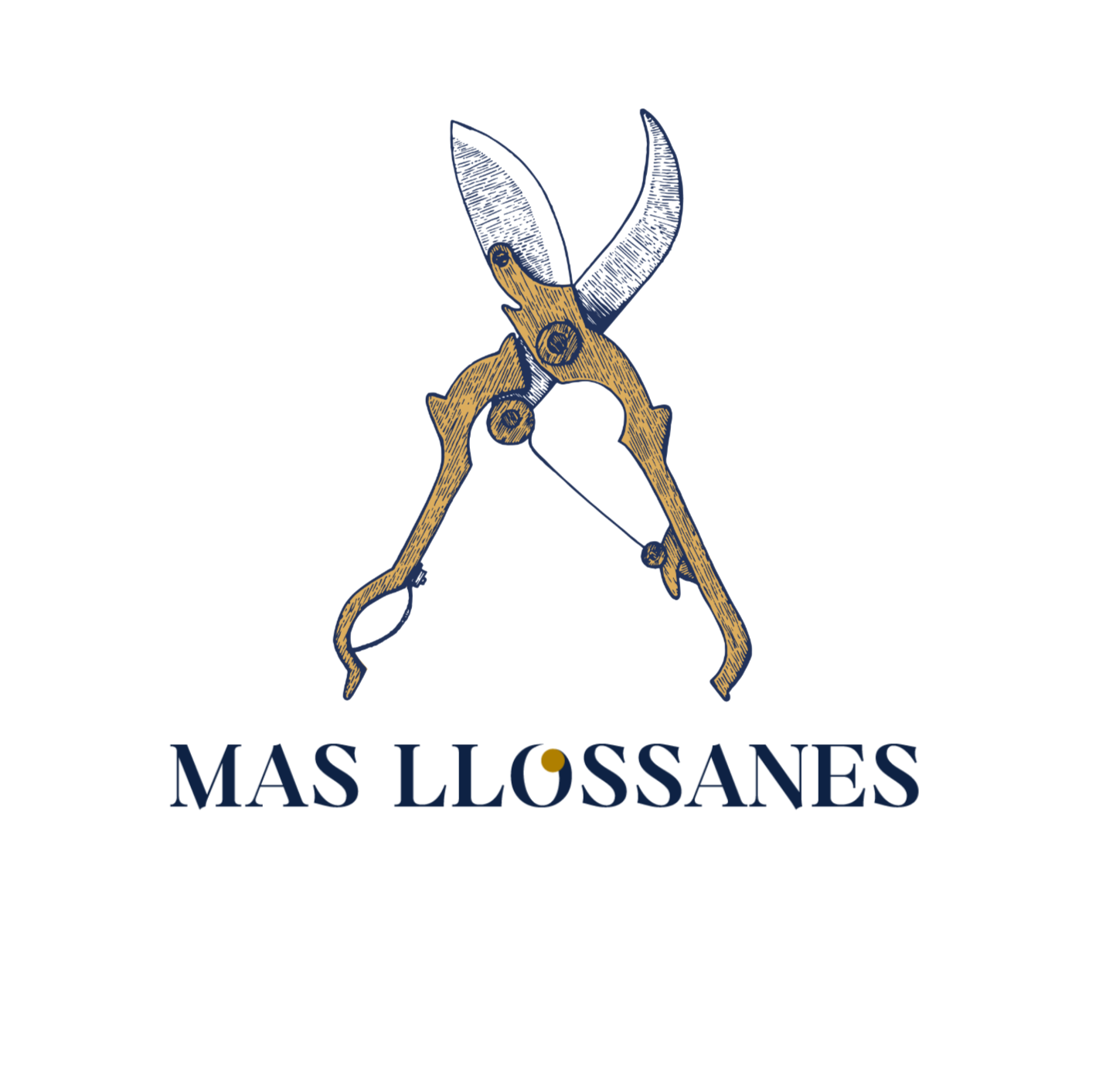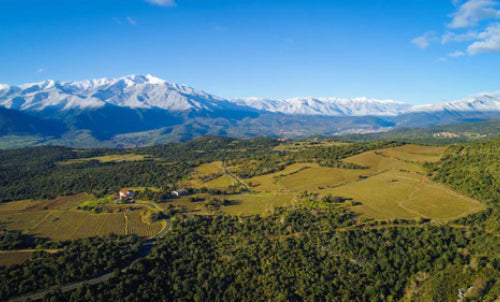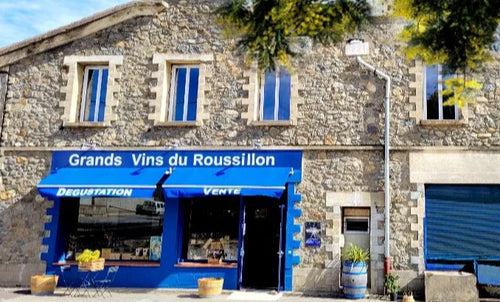Biodynamics at Mas Llossanes: cultivating the living, revealing the terroir

At Mas Llossanes , biodynamics is neither an artifice nor a fad: it is an agricultural philosophy applied with rigor, with the aim of promoting the vitality of the vineyard and the depth of its wines. Nestled at altitude (650–700 m) on granite and schist soils, our estate embodies viticulture that respects the living, organic and Demeter/Biodyvin certified.
What is biodynamic viticulture?
Biodynamics is an extension of organic farming, inspired by the teachings of Rudolf Steiner at the beginning of the 20th century:
- She considers the farm (here, the vineyard) as a living organism in itself.
- It uses natural preparations (horn antler, silica, plant decoctions) in homeopathic doses as tonics for soils and plants.
- It takes into account lunar and planetary rhythms to plan agricultural work.
- It goes further than organic viticulture by further limiting inputs, particularly copper and sulfur.

A philosophy, gestures
Biodynamics is based on a simple premise: a balanced wine ecosystem produces healthier grapes and more authentic wines. For us, this means thinking of the vine as a living organism interacting with its soil, companion plants, and landscape. Beyond labels, it's a daily commitment: reducing inputs, promoting biodiversity, and cultivating the soil so that it's fertile and vibrant.
Concrete practices in the field
Here are some of the measures we implement on a daily basis:
-
Homemade biodynamic compost
We transform our plant waste (stalks, marc, pruning wood, etc.) into a rich and structuring compost, returned to the vines to nourish the microbial life of the soil. -
Green manures and winter sowing
Every fall, we sow the plots with a mixture of legumes and cereals. These cover crops become green manures: they create organic matter, fix nitrogen, and structure the soil. -
Sheep in the pasture
Sheep graze our plots in winter, contributing to soil cultivation, organic matter addition and natural weeding. -
Hydrosols and aromatic plants
We use aromatic plant hydrosols to complement our treatments: they increase effectiveness and allow us to reduce the quantities of products used. -
Maximum reduction of inputs
Synthetic chemicals are banned. Phytosanitary interventions are limited, targeted, and thoughtful—the goal being resilience rather than correction. -
Harvested exclusively by hand
Hand-harvesting guarantees plot selection and preserves the integrity of the grapes for the most natural vinification possible.

In the cellar too, the same requirement
The biodynamic philosophy also guides our choices in the cellar: limited interventions, indigenous yeasts, respectful aging, and the search for pure expressions of fruit and terroir.
Certifications and recognition
The Mas Llossanes vineyard is certified organic (Ecocert) and committed to biodynamics (Demeter/Biodyvin), visible signs of demanding and controlled work.
How does this change your glass?
The result? Better-structured soils, stimulated microbial life, healthier grapes, and wines that reflect the place. Our vintages strive for precision, freshness, and the minerality so characteristic of high-altitude granite terroirs.
Want to learn more or see it all with your own eyes? We welcome visitors for vineyard tours, tastings, and workshops. Discover our wine tourism offerings and book your visit:








1 comment
Bon courage et continuez à bien travailler
LEDUC TAMISIER
Leave a comment
This site is protected by hCaptcha and the hCaptcha Privacy Policy and Terms of Service apply.